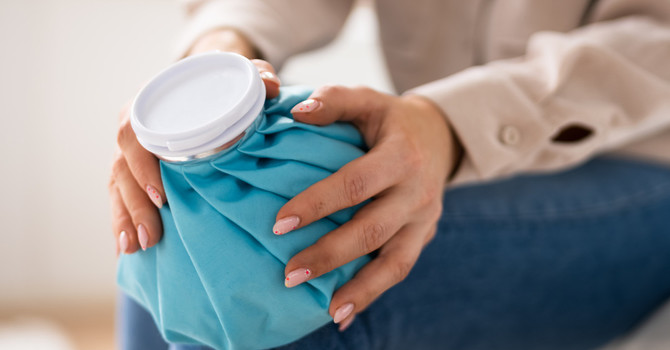
Most people know that sleep is essential for health and wellness, but there’s still a large percentage of adults (more than a third, according to the CDC) who do not get the optimal 7-9 hours of rest each night. Lack of sleep has been shown to affect your hormones, brain function, exercise performance, and can even increase your appetite and make you gain weight. Though some sleep issues can be caused by a true sleep disorder, the majority of disruptions can be alleviated by making simple lifestyle changes. Here are six tips you can start implementing today to start catching more Z’s.
Tip #1: Be consistent with your routine Inconsistent sleep patterns throw off your circadian rhythm and lower your melatonin levels (the hormone responsible for making you sleepy). Try to get up at the same time every morning and go to bed at the same time every night.
Tip #2: Put the tech down The screens on TVs, computers, tablets, and smartphones all emit large amounts of blue light, which will alter your circadian rhythm and reduce melatonin. To minimize exposure to blue light, try wearing blue light blocking glasses during the day and turn off any tech devices at least two hours before bedtime.
Tip #3: Watch what you eat and drink before bedtime If you want a good night’s sleep, you should avoid caffeine, alcohol, and large meals before bedtime. Caffeine has a half-life of roughly five hours, so it’s best to stop drinking any caffeinated beverages by mid-afternoon to avoid any sleep disturbances. Although alcohol may make you feel sleepy initially, it will actually disrupt your sleep during the night. Eating large meals right before bed can also disrupt your sleep and make you feel uncomfortable at night.
Tip #4: Get active during the day Regular exercise has been proven to help people fall asleep better at night. Just make sure not to exercise too close to your bedtime, which will hinder your ability to fall asleep right away.
Tip #5: Create an optimal sleep environment Optimize your bedroom environment by reducing noise, natural light, and artificial light from tech devices. Also, make sure your room is cool enough to rest comfortably. Most people sleep best when the room temperature is between 60-67° F (16-19° C).
Tip #6: Follow through It’s not always easy to implement big lifestyle changes, but if you make quality sleep a top priority and stick to it, you’ll reap the benefits of improved physical and mental health. Check out this healthy sleep infographic for some additional tips on optimal sleep.




